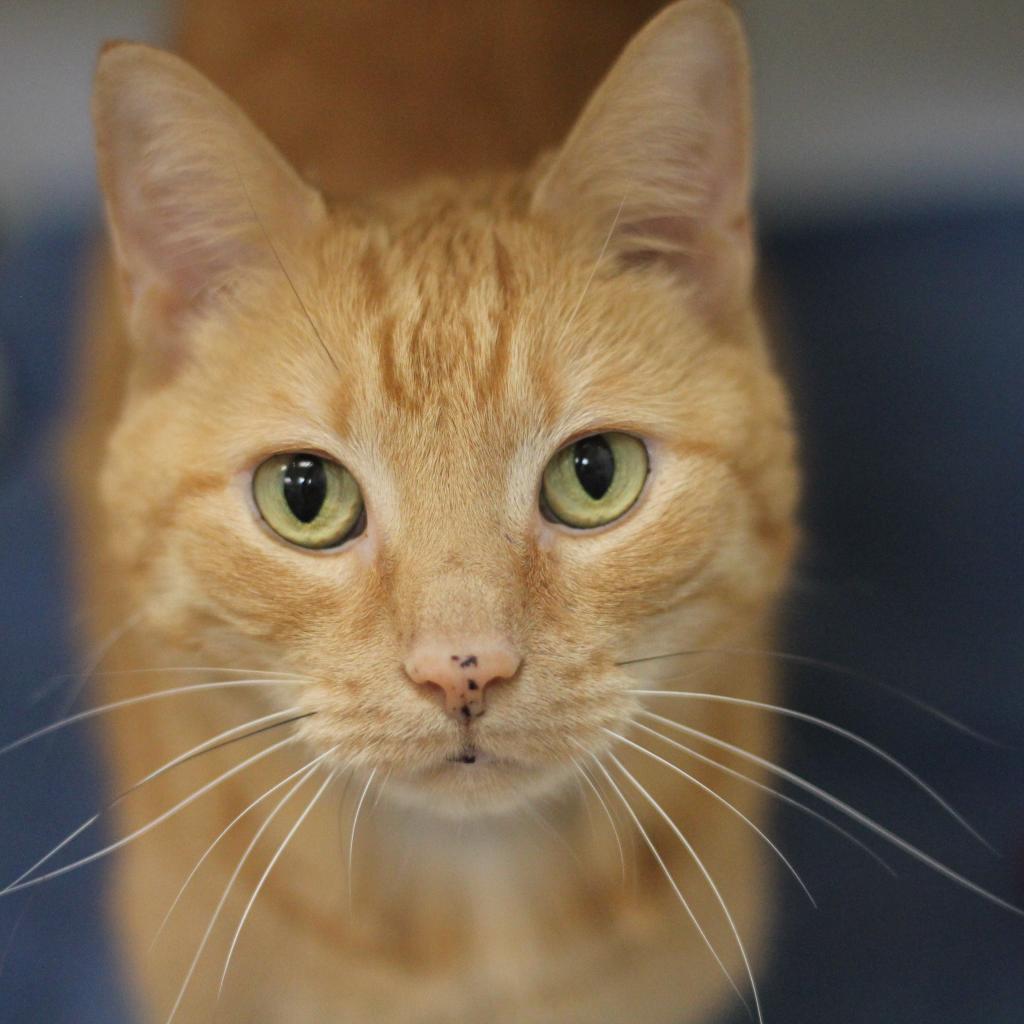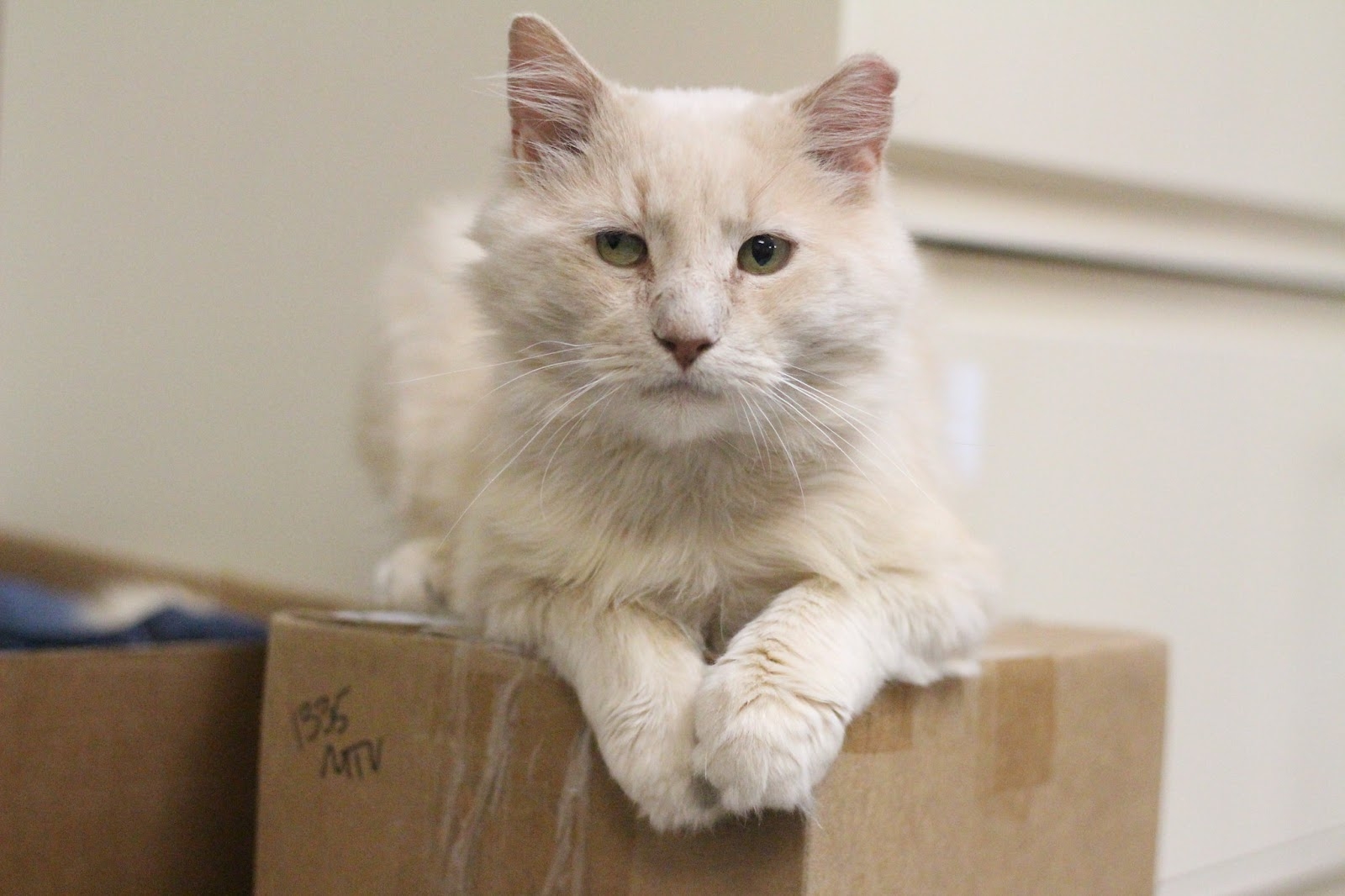Working cats looking for homes
All about working cats
What is a “working cat” or “barn cat”?
Cats searching for homes through PAWS’ Working Cat Adoption Program can range quite a bit in personality. Some are fearful of humans due to lack of socialization and need a quiet place to live independently. Many previously lived outdoors, or were indoor/outdoor cats, who don’t have a safe home to return to and are not adjusting to indoor life. Others may be friendly but too energetic (or feisty) for a traditional home, so we’re looking for a more robust outlet for their energy by matching them with an environment with more enrichment and space to roam.
How do you care for a working cat?
When adopting a Working Cat, you are committing to being its primary caregiver for the rest of its life, providing a warm shelter, food, water, and medical care. Adopters should make a plan for daily care and consider how best to keep a cat safe from dangers, such as heavy machinery, traffic, weather, and predators. All Working Cats are vaccinated, spayed or neutered, and microchipped. They will need routine yearly vaccinations, regular flea & tick preventative, and medical care as needed.
Finding the perfect working cat for you
To ensure a good fit, we start by asking you to complete a brief questionnaire. Then, we will help you make a great match for your property and answer any questions you may have. For placement, it is helpful if you have a crate or space to acclimate the cat. PAWS can also loan you a crate. You can pick up the cat, or we can provide transportation and even help set-up the cat in their new home! To acclimate and adjust to a new property, a cat needs to reset their internal GPS and become comfortable with their new food source (you). For an outdoor or an indoor/outdoor property, a cat will temporarily live in an extra large crate or enclosed room during the three-to-four weeks they’ll need to adjust to their new home before being allowed to roam free. To learn more, please email workingcats@phillypaws.org


